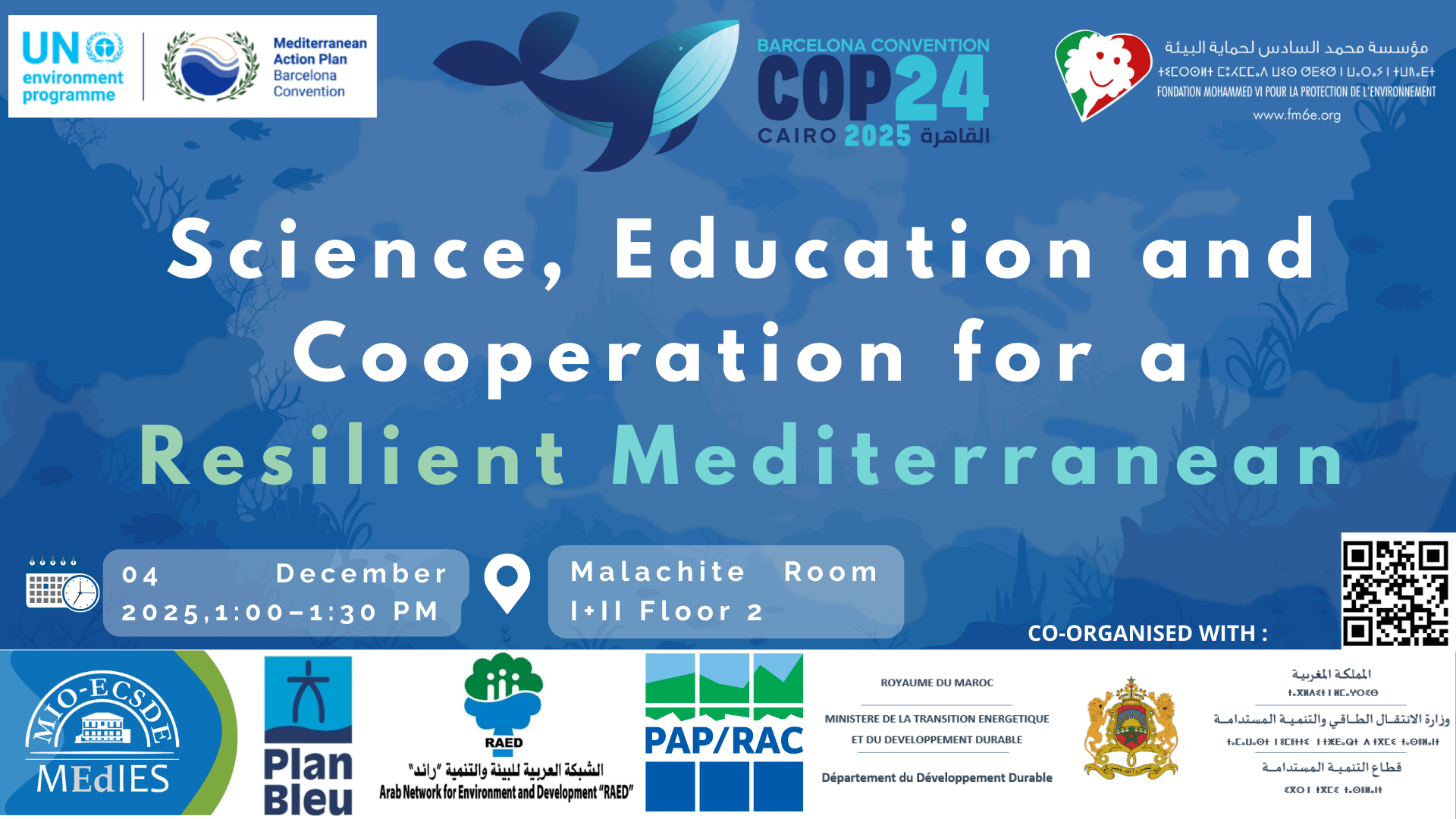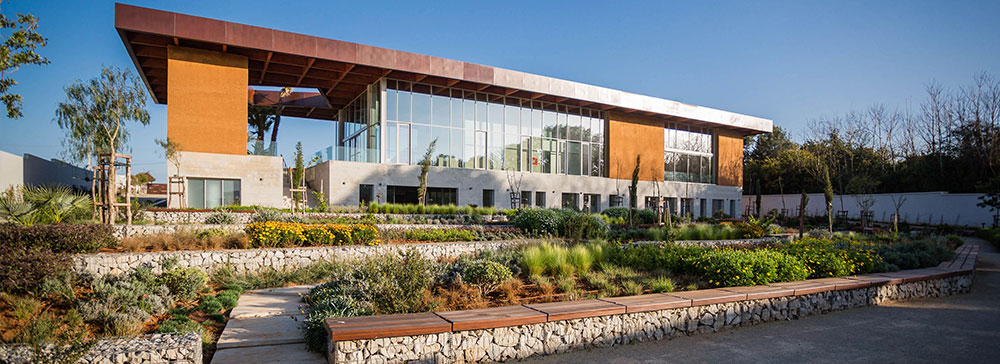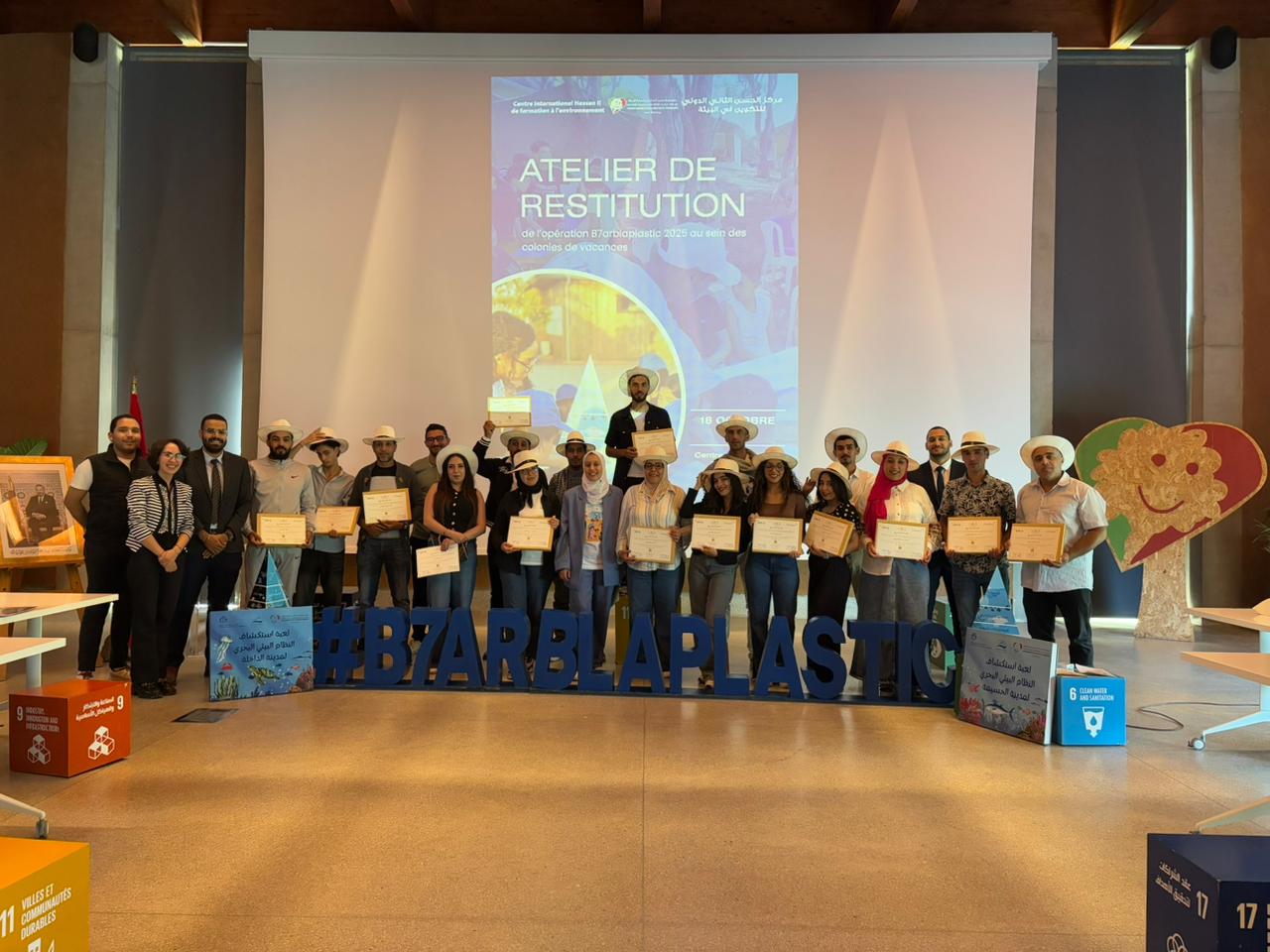
The Hassan II International Center for Environmental Training jointly with the Air/Climate program held a “Covid-19: impacts on Climate and the Environment” Webinar on May 11th, hosted by International Climate Change Expert Abdellah Mokssit. The webinar delved into the ongoing Covid-19 global health crisis and the collective environmental awareness necessary to adjust post Covid-19 crisis responses and together shape the future of our climate.
Attended by some 90 representatives of both the public and the private sectors, local councils, the media and civil society, the webinar highlighted some key findings arising from the health crisis, notably: a drop in CO2 emissions as a result of the drastic reduction in heavily coal and oil-dependent industrial activities, as well as a reduction in travel and global air traffic (a major emitter of greenhouse gases). Overall CO2 emissions and carbon air concentrations are projected to keep increasing in 2020, albeit at a slower pace. CO2 concentrations – and the associated global warming – will not stabilize until annual emissions reach zero, i.e. in a scenario of radical change for our societies.
The webinar sought to raise awareness on the issue, as well as foresee the post Covid-19 crisis new normal. It also was an opportunity to learn of crucial eco-friendly practices to embrace and place at the forefront of the environmental debate in light of their real, visible and, now very short-term, impact on our future. Examples of practices with positive effects in addressing this health crisis were discussed, including teleworking, which avoids travel to the workplace. Climate change is unlikely to stop and will continue to worsen if no measures are taken to curb it.
In closing, Ms. Meryem Hdia and Ms. Manal Bidar were invited to testify in their capacity as AYCH (African Youth Climate HUB) initiative ambassadors on the “Mobilization of youth for more sustained efforts in combatting climate change”.




























































